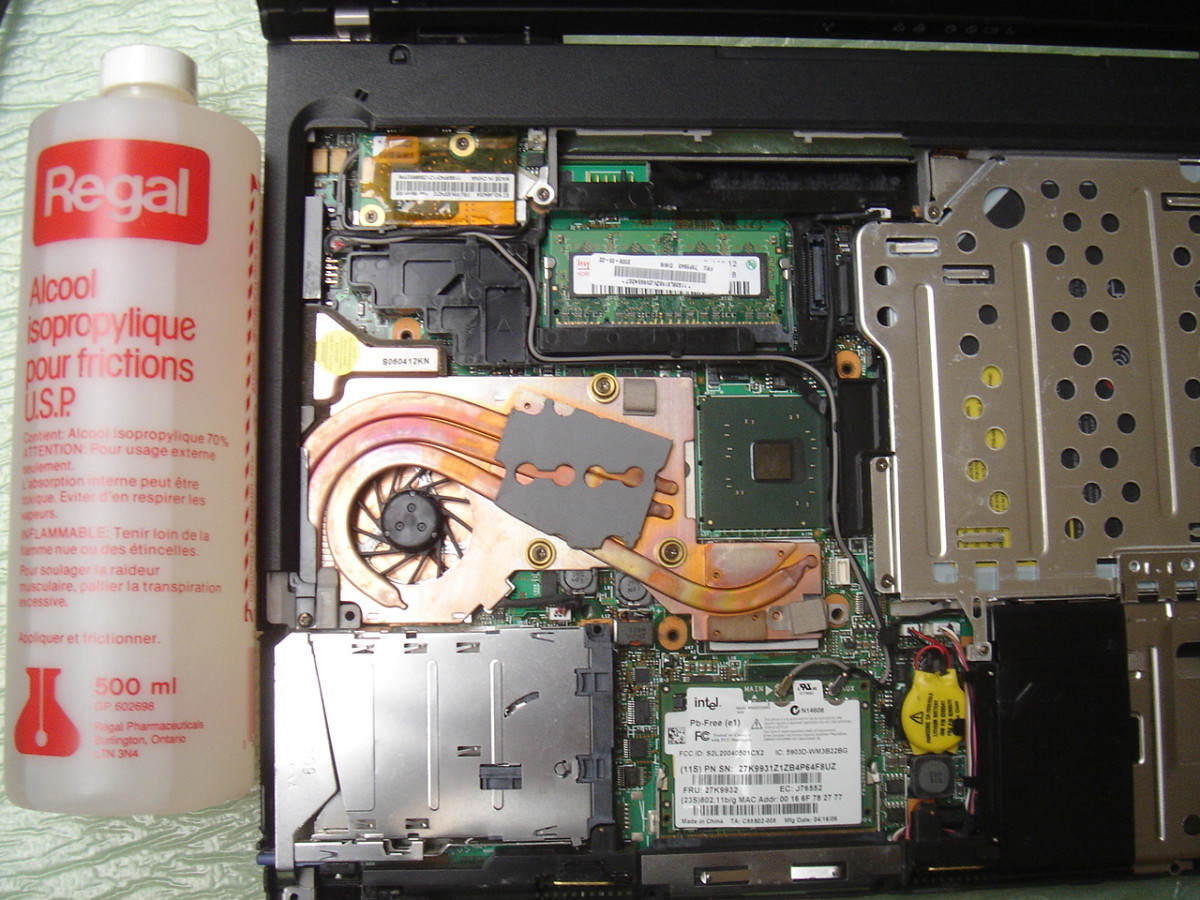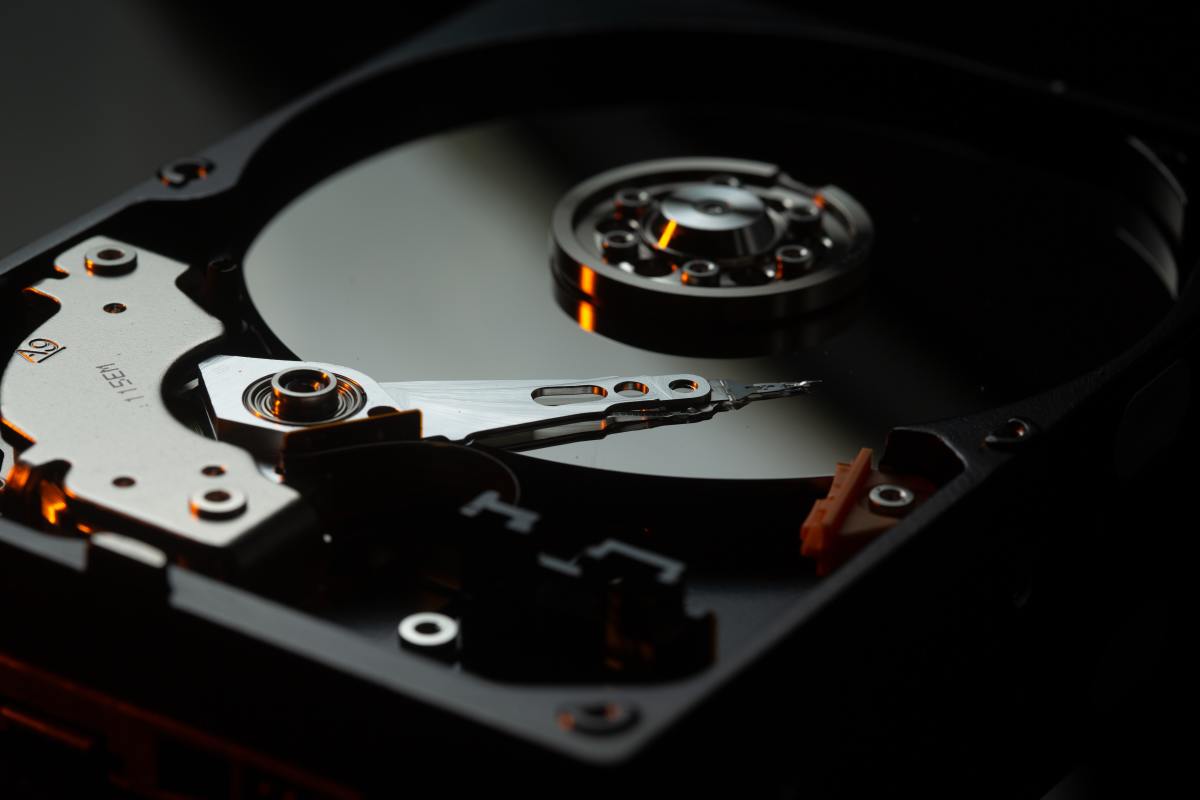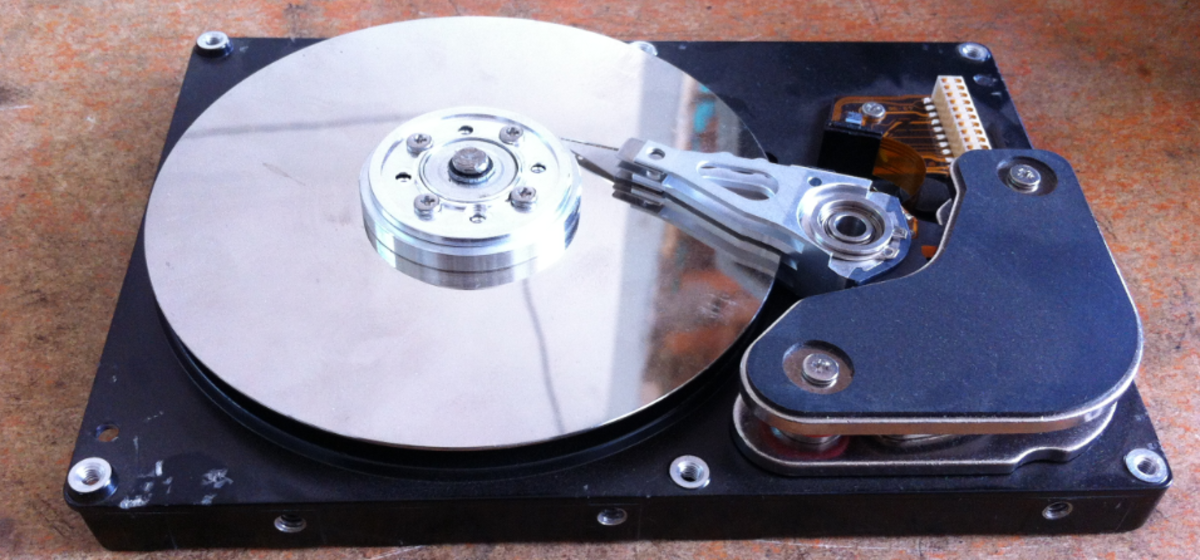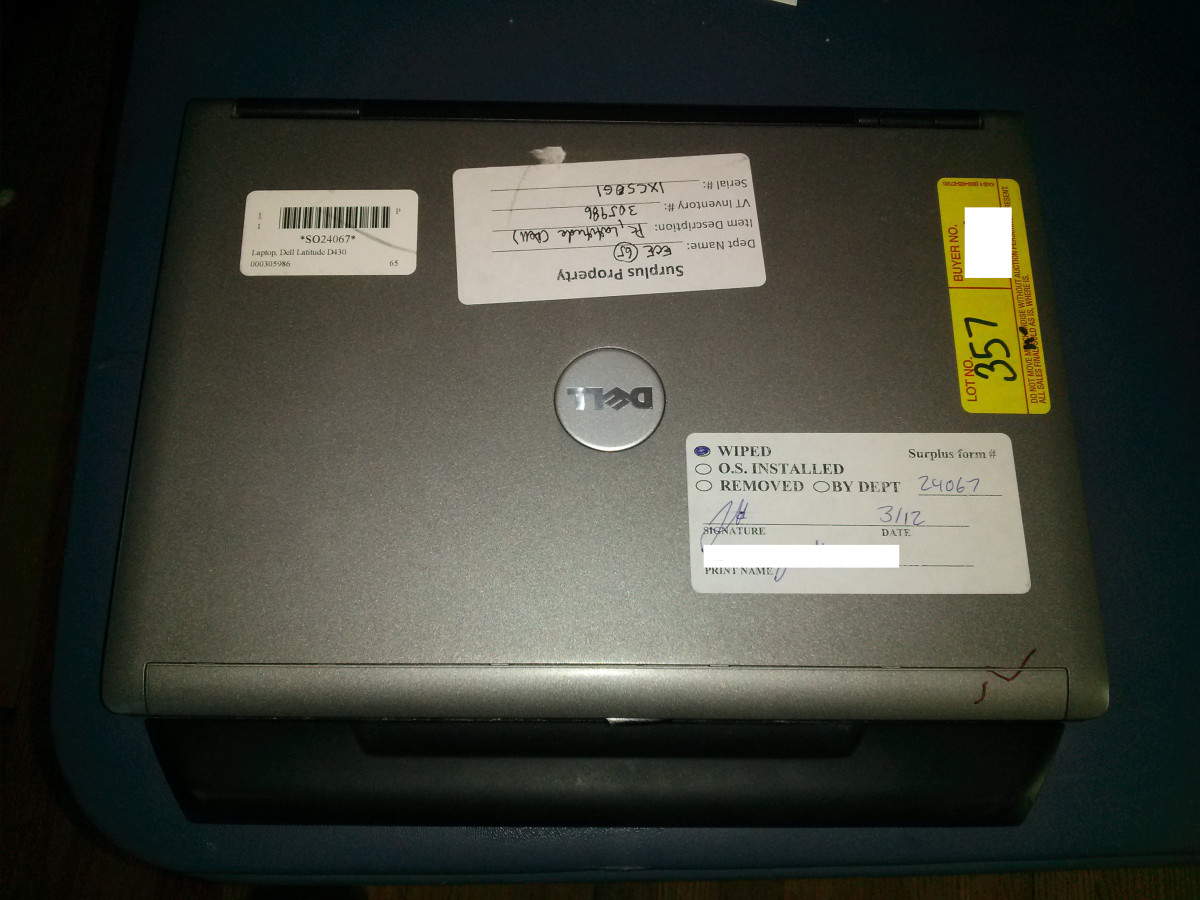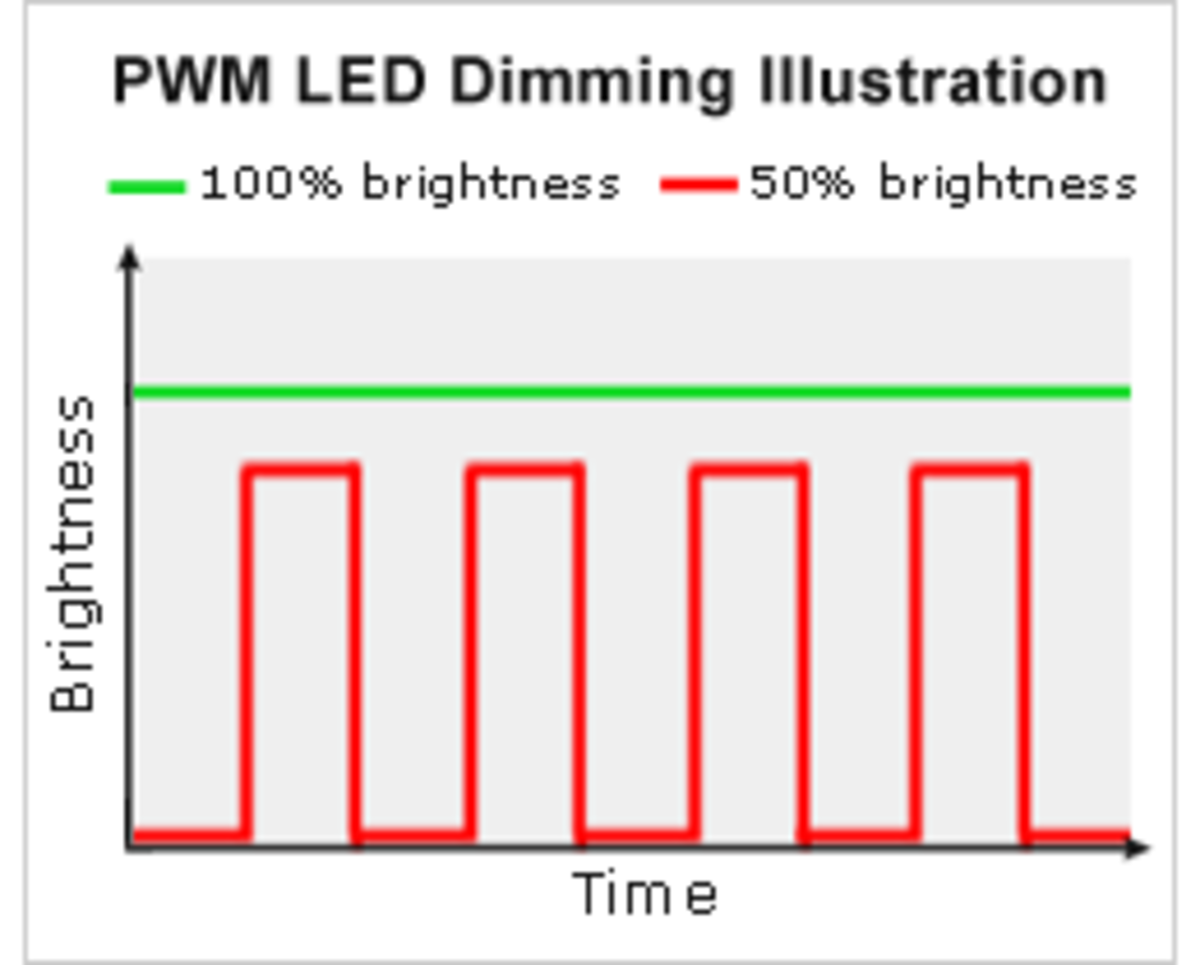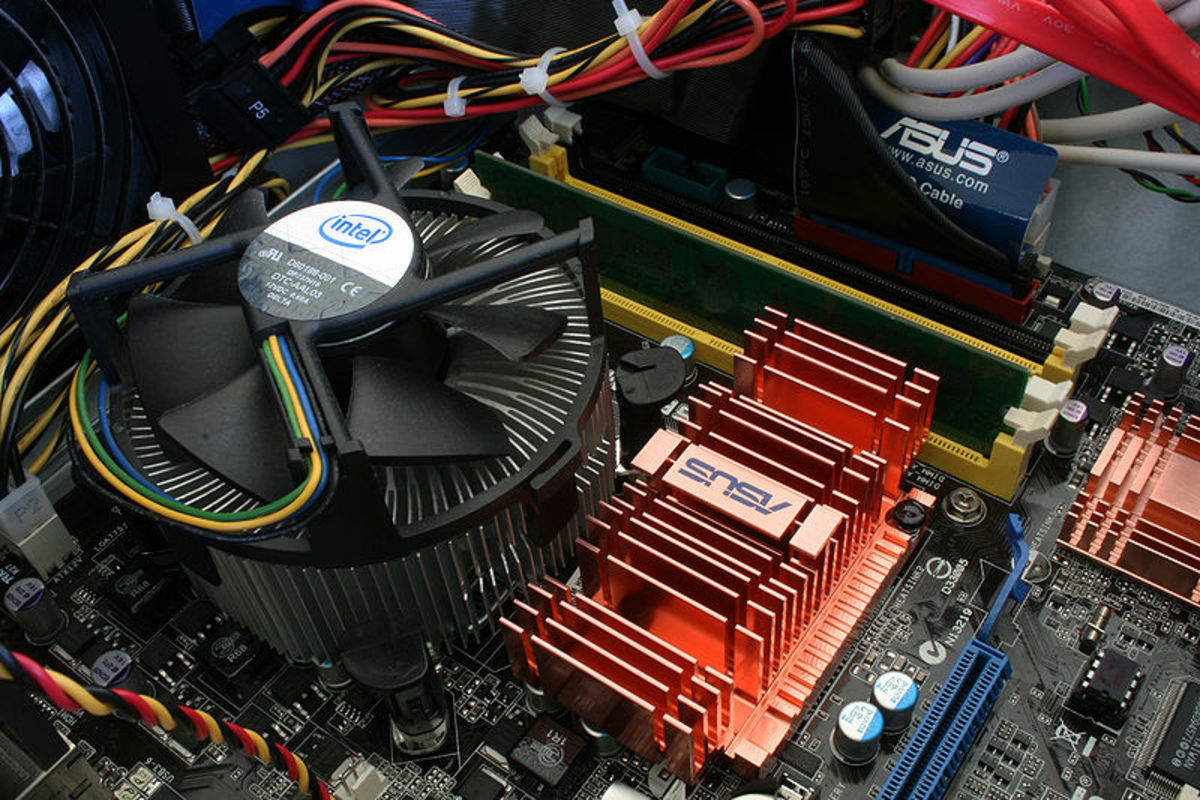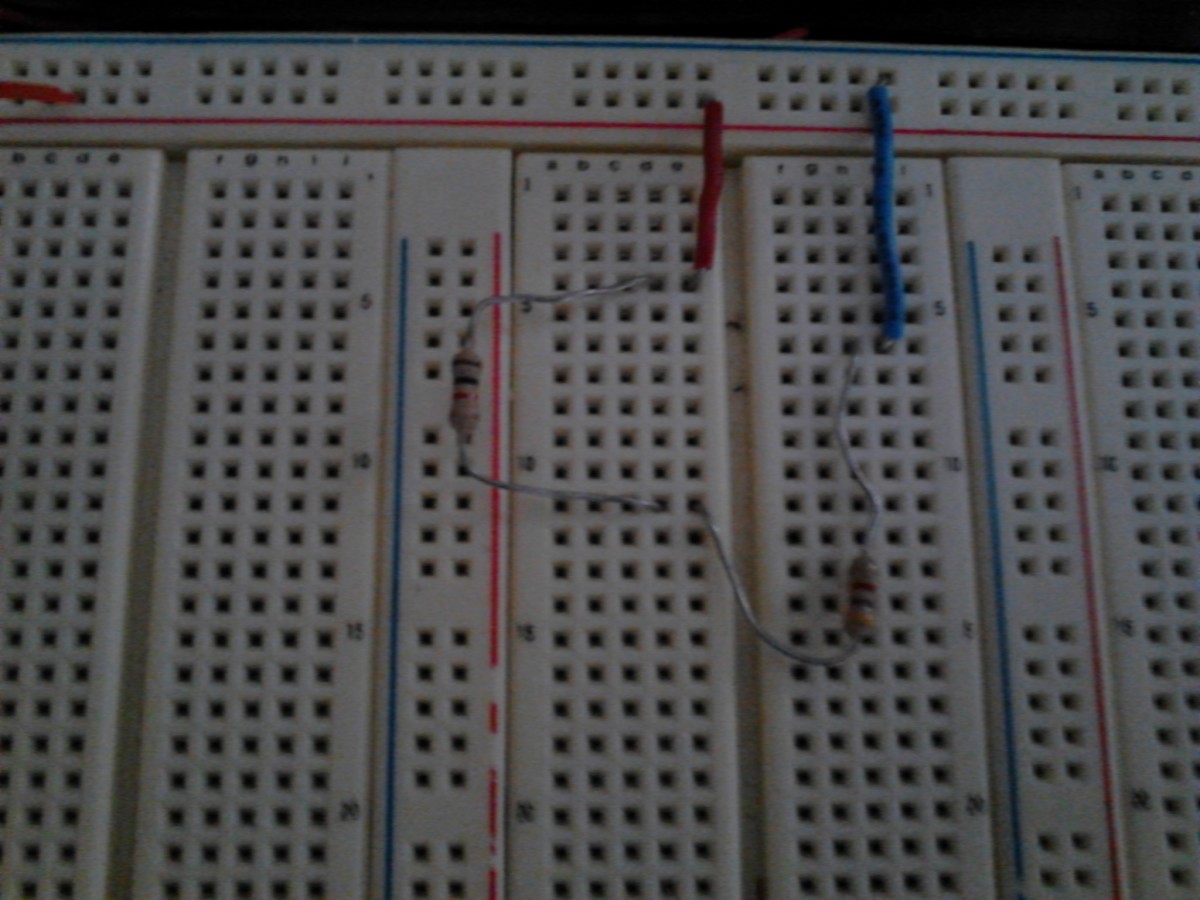Hard Drive Enclosure
There is a healthy market for hard drive accessories and a large component in that market is hard drive enclosures. A hard drive enclosure is the shell or case that holds a hard disk drive. This shell allows you to turn an internal desktop or laptop hard drive into an external drive that you can connect to your computer. Some people refer to the combination of rigid case plus mechanical drive as a hard drive enclosure. When I refer to a hard drive enclosure I am talking specifically about the outer case that holds the drive.
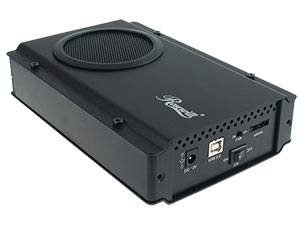
If you have extra hard disks laying around that you want to re-use or contain a file or files that you need to access, you have two options. First, you could attach that old drive to your computer by opening your computer case and directly connecting the drive to your motherboard. This approach is time consuming and possibly beyond the comfort level of some people. Second, you could use an intermediate piece of technology that will allow you to connect your HDD to one of several types of device ports on your computer. A hard drive dock and a hard drive enclosure are two great solutions for accomplishing this task. However, with enclosures you gain the added benefit of portability.
Things to Look for in a Good Hard Drive Enclosure
There are a number of options that you will need to consider when purchasing an enclosure that’s right for you.
- Physical drive size of your old HDD – modern drives come in two standard sizes; 2.5 inches wide and 3.5 inches wide. Thus, it follows that most external drive cases come in one of two flavors. Depending on the dimensions of your drive you will either purchase a 2.5” hard drive enclosure or a 3.5” hard drive enclosure. There are a few companies that offer one-size-fits-all products. Unfortunately, I have yet to test one that I can recommend. The storage capacity or size of the drive that you want to recycle should not have an impact on your purchase choice as any enclosure should be able to handle a 1TB hard drive or even larger without difficulty.
- Drive interface type – If you bought your hard disk drive after 2007, there is a high likelihood that it uses the SATA interface. This means that you will need a SATA hard drive enclosure. On the other hand, if you bought your drive before 2007, it is probably an IDE drive, and consequently, you should purchase an external IDE hard drive enclosure.
- Enclosure interface type – this is the area where the number of choices you have really explodes. Here’s a quick piece of advice, pick a USB hard drive enclosure if you are feeling overwhelmed by the number of options you have to wade through. Ninety-nine times out of a 100, your desktop or laptop will have a USB connection available. Other types of interface cases to look for are firewire hard drive enclosure, eSATA hard drive enclosure, and USB 3.0 hard drive enclosure. These interfaces will provide faster data transfer rates than USB 2.0. Please refer to any manuals or documentation that came with your machine to see what types of connection your computer supports.
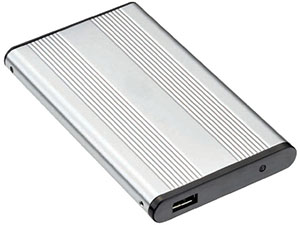
- Aesthetics – this market segment is fairly mature and manufacturers are differentiating themselves based on the level of design and style that goes into their products. There is simply no reason why you should have to put up with an ugly beige external SATA hard drive enclosure. A wide range of materials and colors ensures that there is an enclosure that fits in with your sense of style. For example, Nippon Labs makes a very popular 2.5” SATA hard drive enclosure which features brushed aluminum. Most e-tailers are offering it for under $20.
The Pitfalls of Going Generic
There are two problems that immediately come to mind with purchasing super inexpensive products, whether it is a laptop hard drive enclosure or network hard drive enclosure. First, an inexpensive external hard drive enclosure will not last very long. The lack of quality in materials, design, and construction pretty much guarantees the enclosure will fail in some manner before you expect it to. Second and more importantly, a cheap enclosure can cause your hard drive to overheat. Operating an overheating drive will dramatically shorten its life expectancy and increases the likelihood that you will have to recover lost data. Paying a little more money by purchasing an enclosure from a reputable brand will not completely eliminate the possibility that an HDD enclosure could force you to go through a hard drive crash recovery, but the chances are much smaller.

